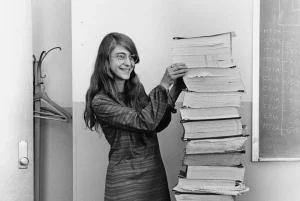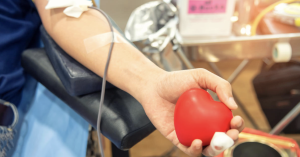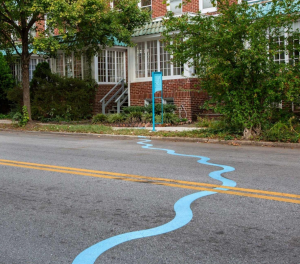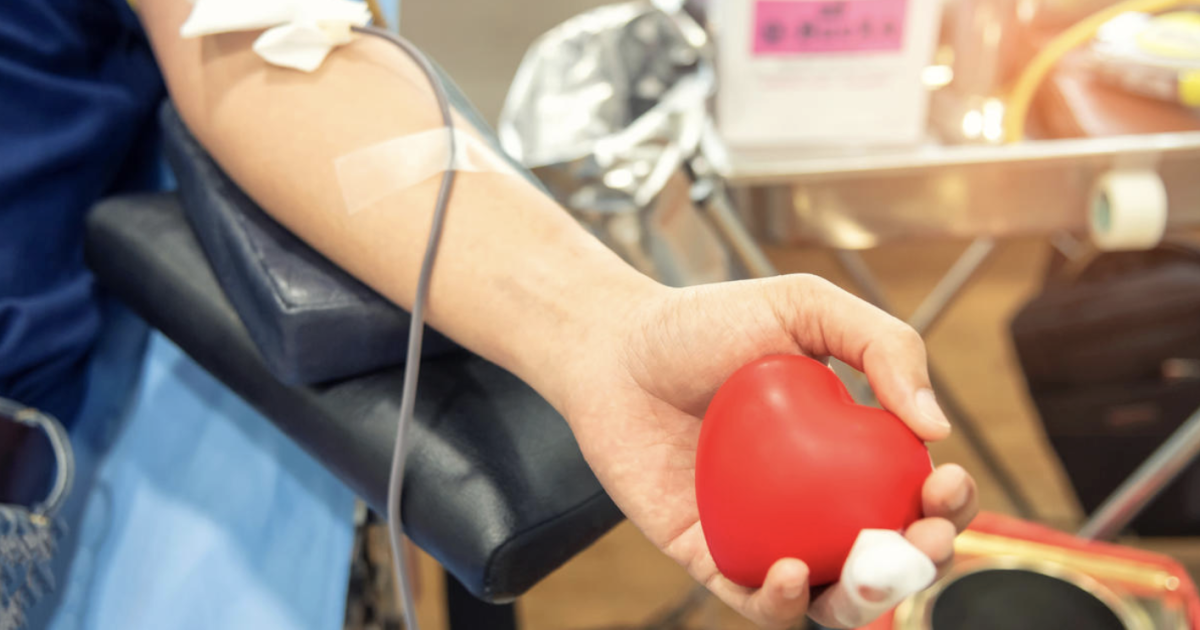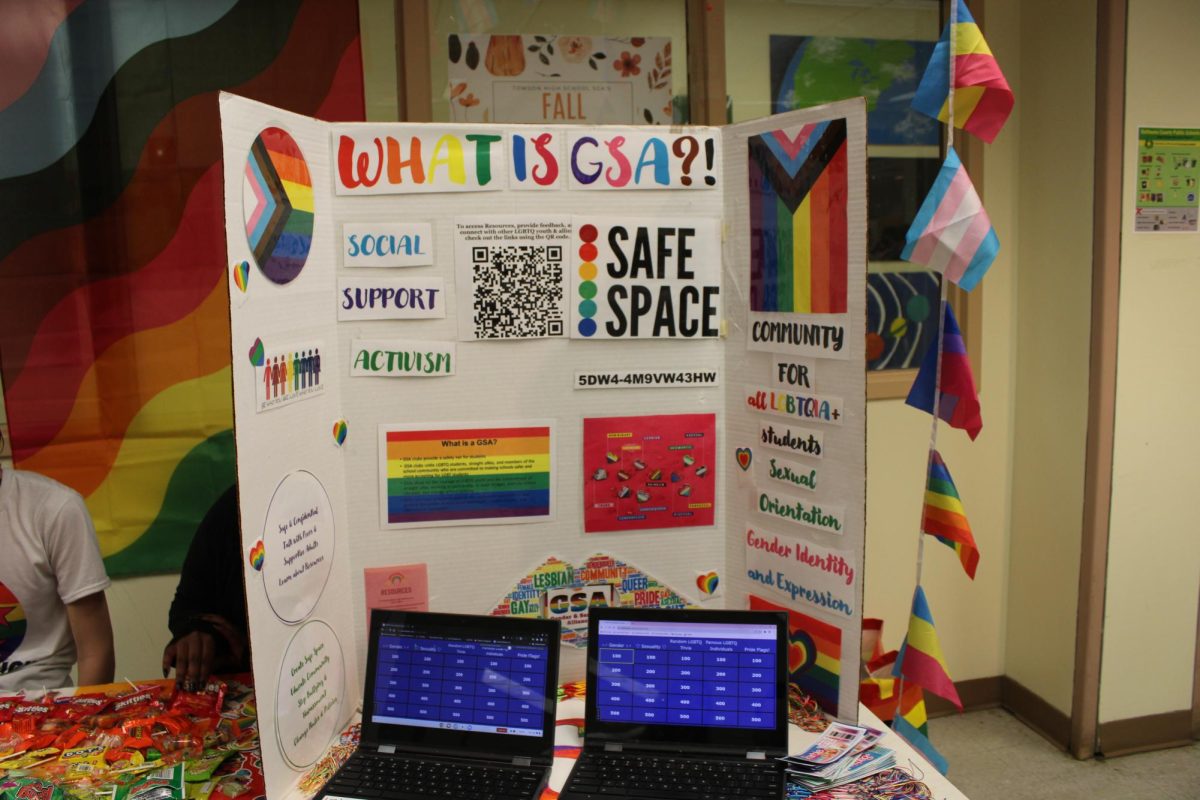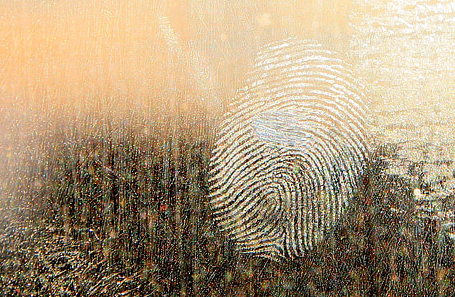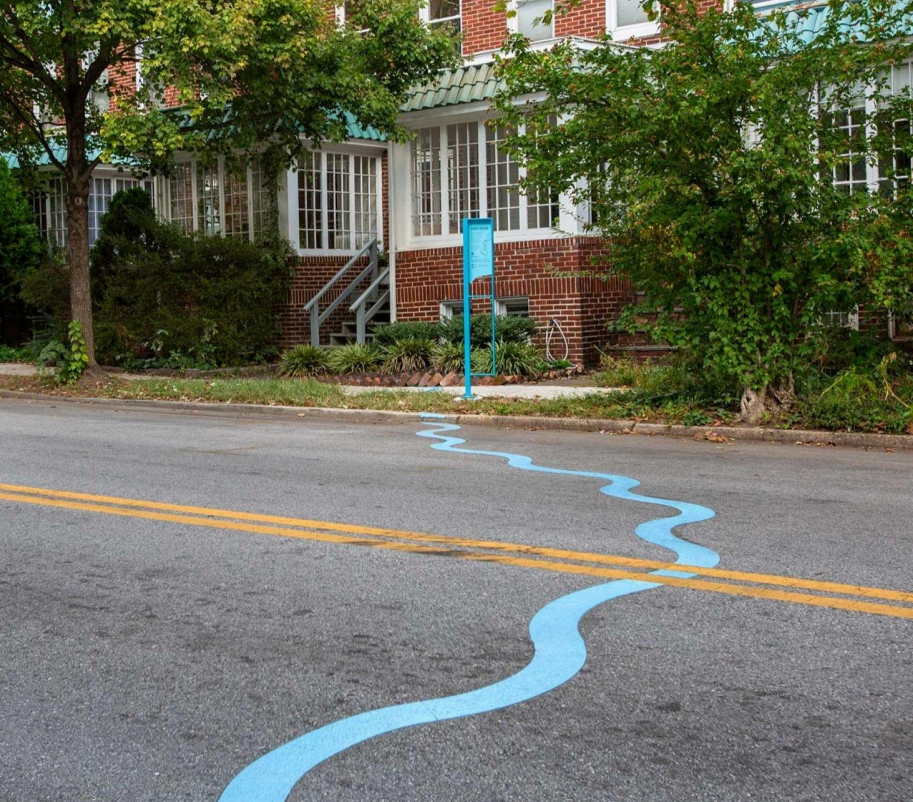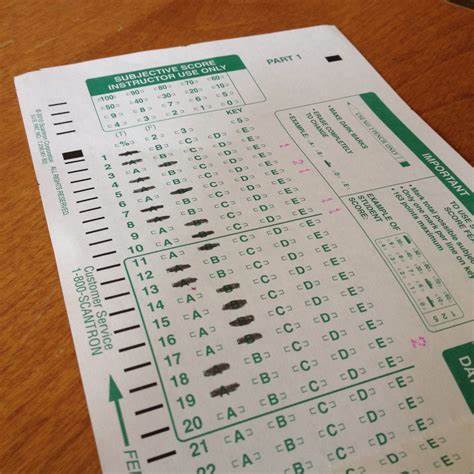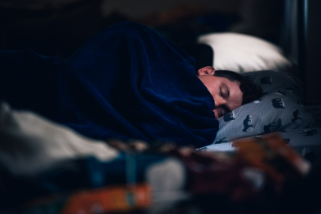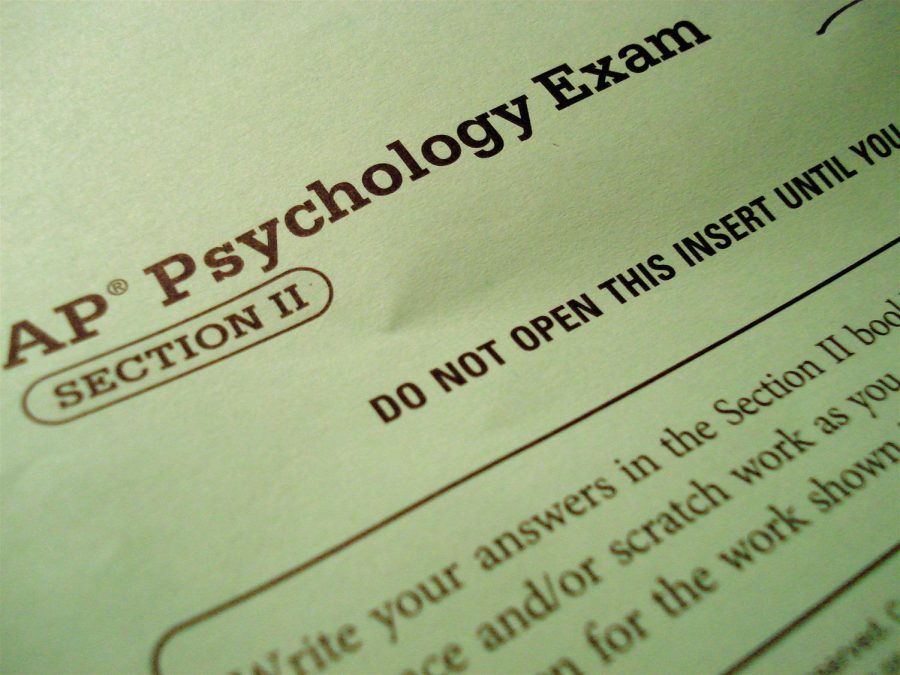In the dawn of a new school year, the Towson Compost Initiative welcomes its first year anniversary.
It was the beginning of a new era when Mrs. Karsos, the Advisor of the Environmental Club and AP Environmental Science Teacher at Towson, applied for THS to be a pilot school for the BCPS Compost Program at the end of 2022-2023. It would be unknown to everyone in the incoming year that the Towson community would save more than 2 tons of waste from going into the landfill in just a few months.
Since the beginning, the goal of the program was to keep food away from landfills. It’s critical to understand that landfills are currently the 3rd largest source of human-related methane emission in the U.S. Even though its famous cousin, CO2, is often in the news as being the greenhouse gas most responsible for causing global warming due to human activity, methane is far more potent, capable of trapping 25 times more heat than carbon dioxide.
Through the BCPS Compost Program, the accumulation of 22.26 metric tons of greenhouse gas was avoided, and Towson alone saved nearly 2 tons of greenhouse gases from being released in landfills.
The success was no coincidence. Towson couldn’t have done it without the work of Environmental Club members.
All the work of transporting bins across the campus and collecting lunch trays was done by students, with the schedule beginning at just before A lunch.

Every day, a member of the Environmental Club would bring the bins, placed by the dumpster, to the cafeterias and outside eating area.
“During lunch, members will collect the lunch trays, which are compostable,” says Sophia Brown, 2022-2023 member of the Environmental Club leadership team. The collection of lunch trays would continue for all 4 lunch periods before “members bring the bins back to their original location near the dumpster.”

It was like clockwork. Rinse and repeat every day for the proceeding 180 days of school, before breaking off into the next school year.
The students’ actions were in crucial alignment with the second part of the goal of the Compost Program: to turn food waste into soil.
Typically, foods in landfill don’t decompose. Without enough sunlight and oxygen, organic wastes don’t decompose fully into soil that can be used to re-fertilize land and consequently can produce methane gas,
“Composting is so critical,” Brown states. In the process of reducing landfills and greenhouse gas emission, students are encouraged to continue to participate.
Lunch trays, fruit stems, and vegetable scraps can all be composted. “Typically when composting at home, you are not able to compost items like meat, fish, and cheese and dairy products,” Brown explains. “However, at Towson because it goes through the county, you are able to compost any food scraps!”

Besides plastic and aluminum which can’t be composted, students can always reference the laminated guide placed above compost bins for a more comprehensive list of what can and can’t be composted.
It takes a village to keep the effort of the Compost Program going and likewise the effort of the general student population. This fall, take some consideration to the compost bins the next time you need to throw an apple core out.
